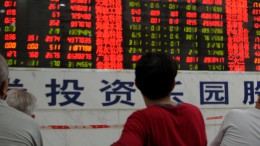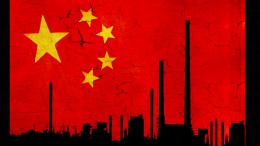New investor bridge in China showcases opportunity –but also lingering concerns
The launch of the Hong Kong – Shanghai Stock Connect gives foreign investors unprecedented access to the Chinese stock market by simply opening an account in Hong Kong. While the new scheme provides undoubted opportunity, systemic flaws in China continue to cause concern.






